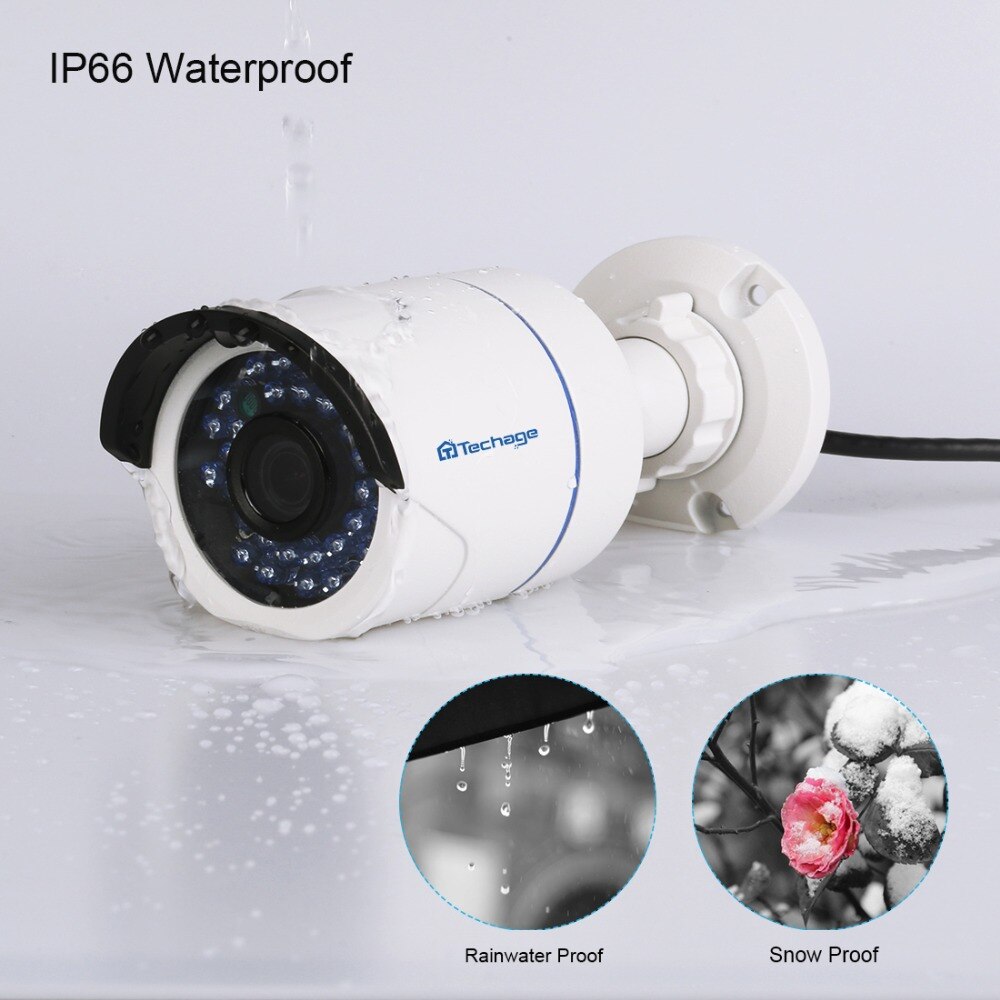If you’re a fan of James Bond movies then you may have seen how covert surveillance equipment is used. While visible CCTV is great at catching criminals in the act, sometimes hidden cameras are needed for more thorough monitoring of your property.
When using covert surveillance, organizations must have a reasonable purpose for collecting personal information. This includes having evidence to justify the collection.
Detecting Illegal Activity
One of the most important purposes for any surveillance operation is to detect illegal activity. Hidden cameras can provide an invaluable source of evidence by capturing video footage that could lead to the arrest and conviction of a criminal.
Whether this evidence is used to prosecute offenders or simply to increase public safety by taking criminals off the streets, covert surveillance can provide many benefits to organizations.
When considering the use of covert surveillance, it’s essential to consider the balancing act between privacy and security. Undercover surveillance can cause considerable encroachment on the individual’s right to privacy and should only be used when necessary. Organizations should ensure that they know why they are collecting personal information and the purpose of the collection (Principle 4.4). They also need to limit both the type and amount of personal information collected to what is necessary for the identified purposes.
Detecting Fraud
Covert surveillance is a delicate operation that should be handled with integrity and within the parameters of the law. A fraud investigation may require entry or interference with property or wireless telegraphy (s26(2) of RIPA).
The Office of the Privacy Commissioner recommends that organizations contemplating covert video surveillance carefully examine their specific circumstances, including why they are collecting an individual’s personal information without their knowledge and what judgments about the subject the collection will yieldFootnote 2.
It can be difficult to uncover fraudulent activity, especially in today’s complex digital world. The right investigative strategy can make all the difference when it comes to protecting your business from a variety of risks such as data breaches, hacking and cybercrime. With covert surveillance, you can detect these activities before they cause any real damage. This can protect your assets, reputation and profits. These investigations may require a combination of covert surveillance techniques such as satellite/GPS tracking, video surveillance, photography, stake-out and telephone/computer monitoring.
Detecting Intruders
Covert surveillance is a form of observation that is conducted without the subject’s knowledge. It involves monitoring or observing people, movements and conversations. It is most commonly carried out by government agencies or private investigators. The CIA and the UK’s Secret Intelligence Service, also known as MI5, are two examples of national intelligence agencies that perform surveillance.
Surveillance is a complex process that requires an individual to be observant and to blend into any environment. This is an art that requires years of experience to master. HUMINT is the highest value of any collection method and it takes a very special kind of person to foster the skills required to run a successful operation.
If an organization decides to use covert video surveillance, it should carefully examine the circumstances of when and where it would collect personal information. The information collected must be relevant to its stated objective and there should be a clear evidentiary need to collect it.
Detecting Employee Theft
Employers often use covert surveillance to monitor for signs of employee theft. This type of surveillance is more discreet than overt cameras and increases the chances of capturing footage that will lead to the identification of criminals.
However, this form of surveillance can raise privacy issues and organizations should be aware that they must comply with PIPEDA when conducting covert surveillance. Specifically, an organization must have a compelling purpose and be able to demonstrate that the loss of an individual’s privacy is outweighed by the benefits gained by collecting private information through this method.
Guidance published by the UK’s Information Commissioner’s Office states that it would be rare for an employer to be able to justify covert monitoring of employees without evidence that there are reasonable grounds for suspecting crime or equivalent malpractice and where it is not possible or appropriate to notify the individuals that they are being monitored. It is also important to limit the collection of personal information about third partiesFootnote 1 to those who are directly relevant to the investigation.

